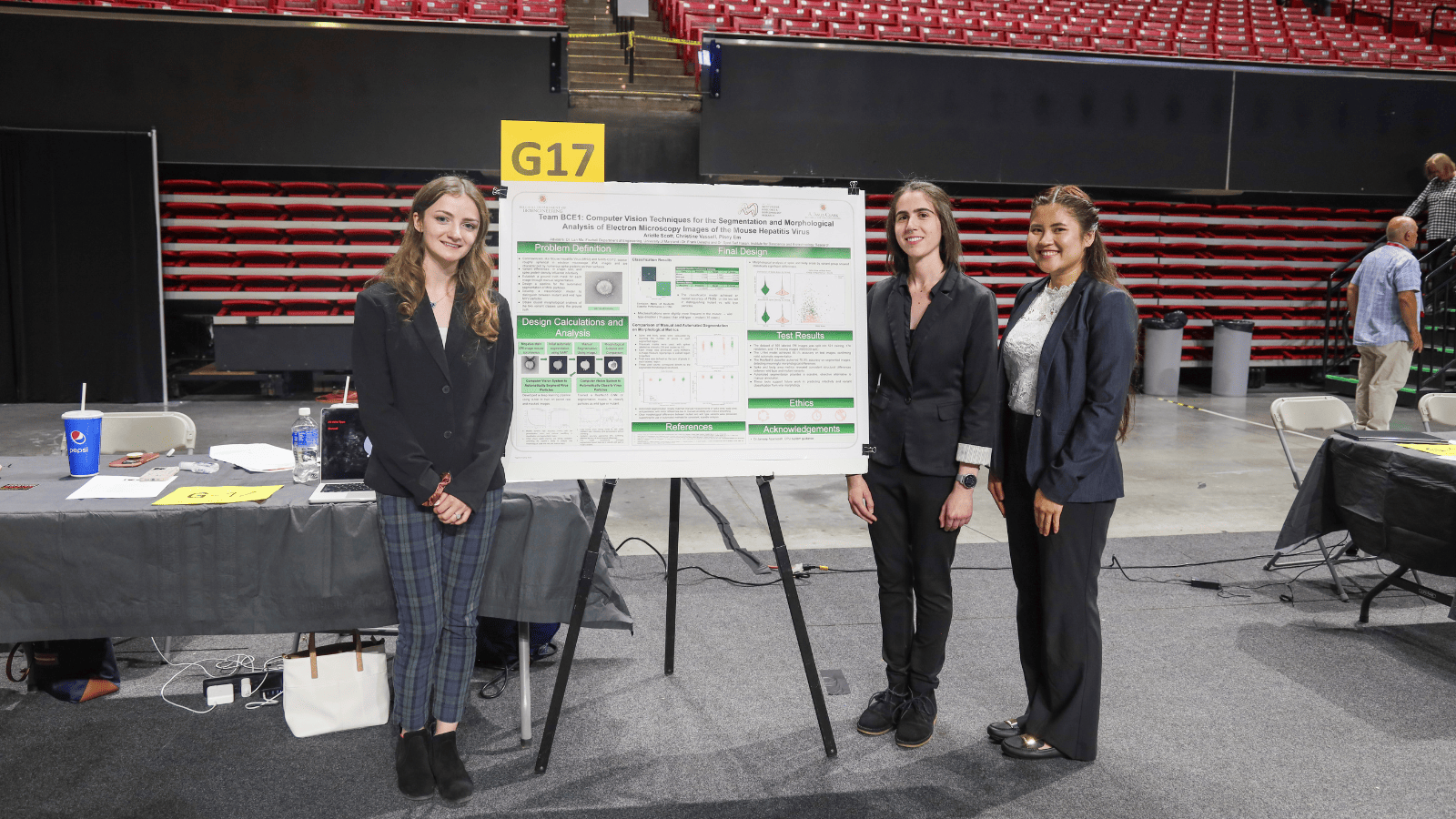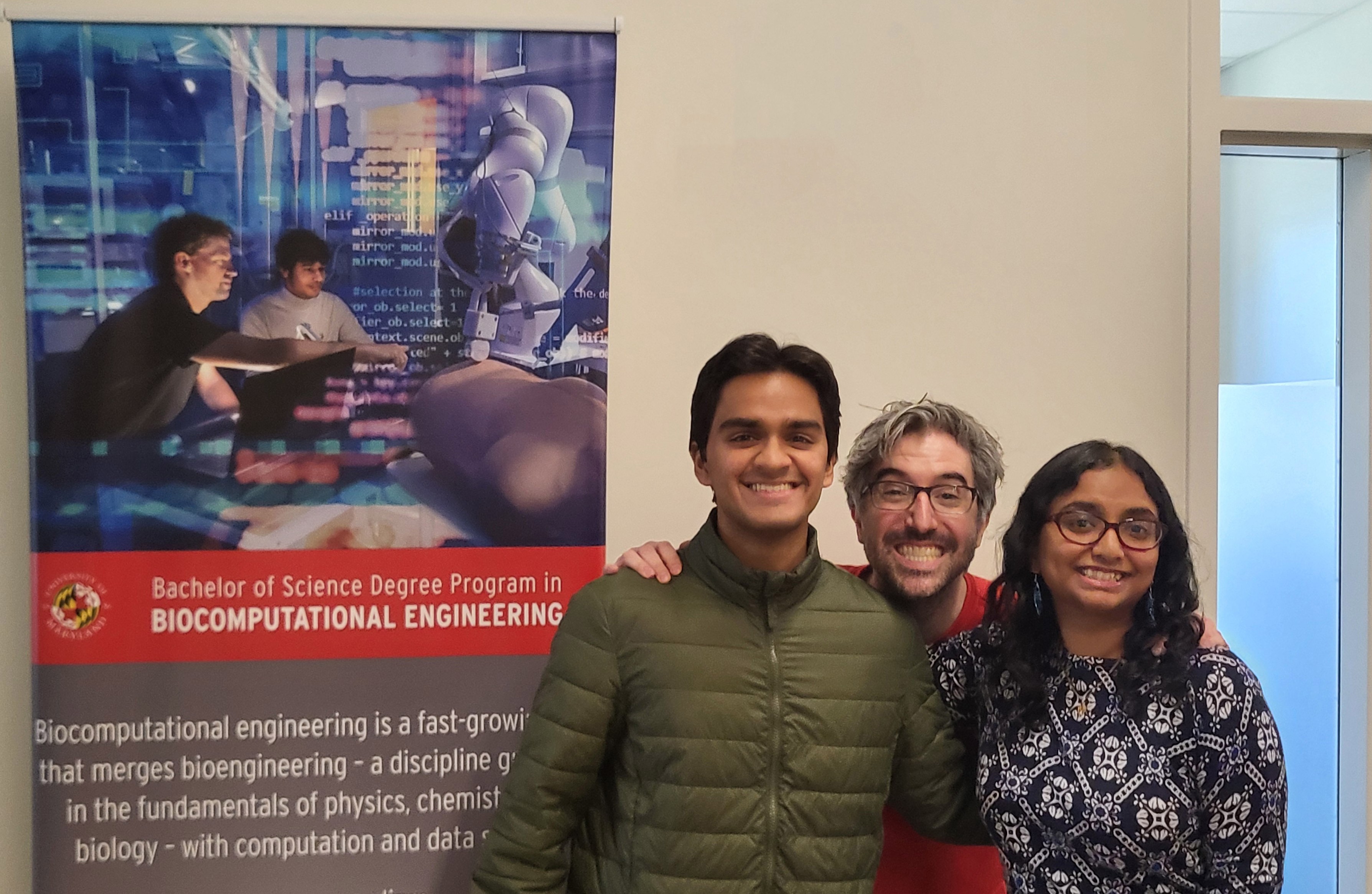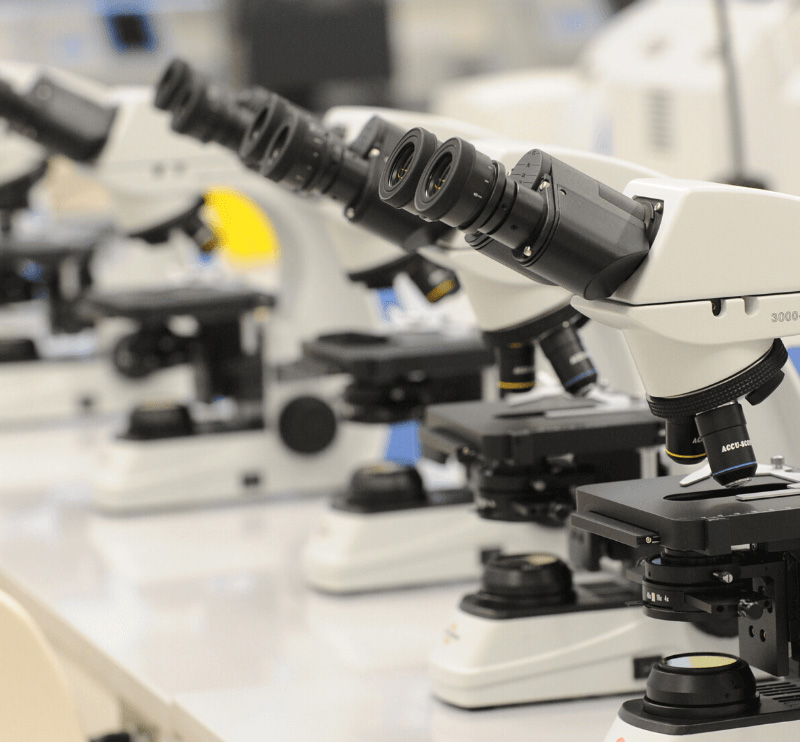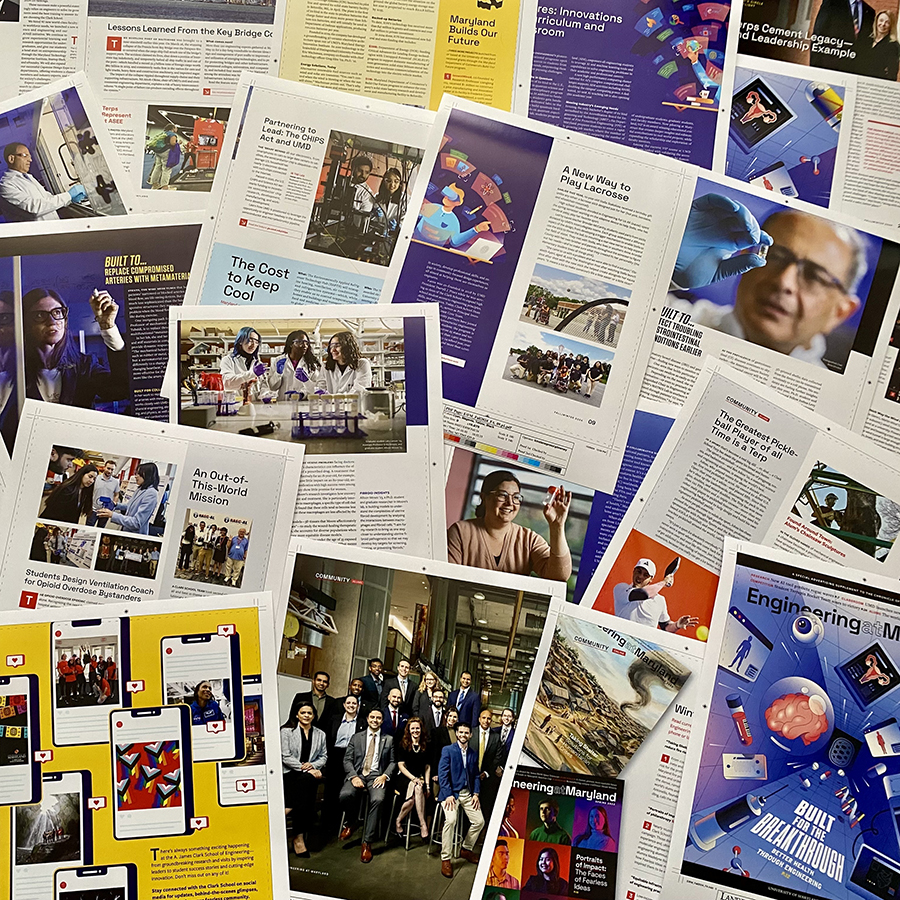A Different Lens on Biotech: Offering New Perspectives
January 2, 2025
For decades, the biotech industry has paved the way for some of the most revolutionary innovations in health care. There are now over 250 biotech products and vaccines offered, including many for diseases previously considered untreatable. As big data expands its influence on health care, biotech companies seek highly-skilled professionals with expertise spanning the life sciences, data visualization, and computer programming. To help meet this demand and keep up with rapidly evolving technologies, the emerging discipline of biocomputational engineering offers a strong foundation in biology, mathematics and statistics, as well as computational methods, big data, and computer programming – all in one.
Today, biotech researchers explore the root causes of disease at the molecular level and produce therapeutic proteins that can aid the body’s natural response. They also use computer technology to develop traditional pharmaceuticals to halt the spread of disease. By using artificial intelligence and machine-learning applications, biotech researchers have also improved many processes in health care, from medical imaging modalities to personalized treatment plans for cancer patients. Nevertheless, biotech is wide-encompassing, as it intersects with fields including public and global health, stem cell research, data science, drug development, health IT, biostatistics, and more. Because of this, biocomputational engineers – who are, by study, expert in the life sciences, computer sciences, and data analysis – are uniquely positioned to take the field by storm.
Unlike bioengineers and chemists, biocomputational (BCE) engineers spend most of their time outside the wet lab. By tapping their expertise in Python, C++, computer modeling, machine learning, and data visualization, biocomputational engineers can create advancements in human health and develop innovative processes for the prevention, diagnosis, and treatment of disease.
Take a look at some of the most common fields in human health today: unlike decades ago, many of these now involve innovations in computer programming, statistics, and IoT technology in ways we never before could have imagined. Public and global health organizations – including many of those that work at the forefront of disease tracing, treatment, and eradication – rely heavily on biotech researchers who can lead investigations into the efficacy of therapeutic drugs and vaccines. Health care organizations increasingly rely on utilizing artificial intelligence, blockchain, interoperability, and cloud technology to develop new resources to improve patient care and outcomes, all while streamlining processes and automating tasks. And, at the root of it all, biotech companies look to statistics experts and computer programmers to conduct pivotal analyses in order to shed new light on biological data.
Biocomputational engineers are among the best equipped to provide new insights that can shape the way biotech companies design their products, track disease spread, or even harness the power of everyday wearable devices similar to today's FitBits and Apple Watch. And, who knows what the future may hold?
Interested in learning how a degree in biocomputational engineering can position you for a successful career in biotech?









